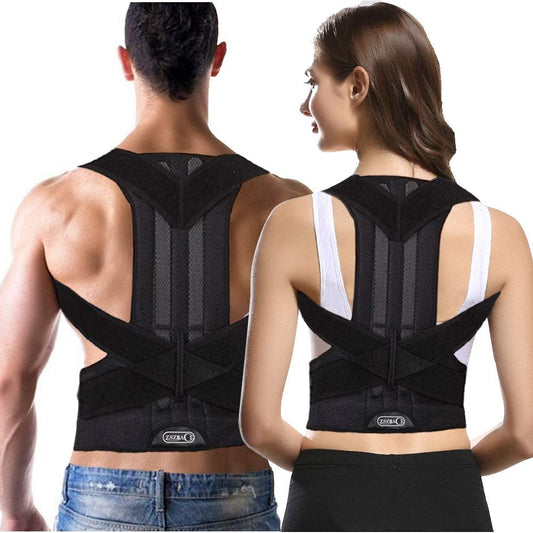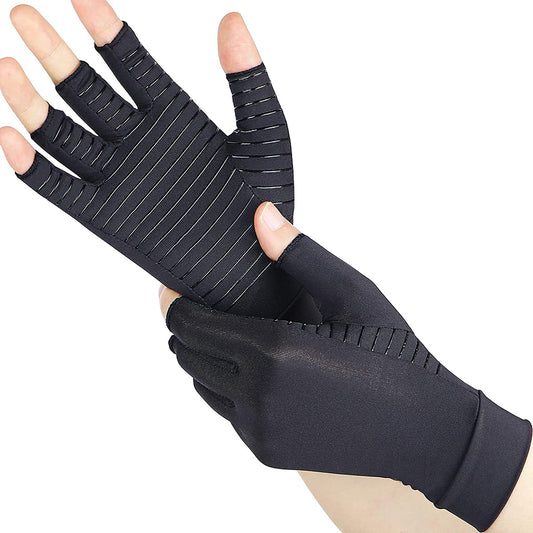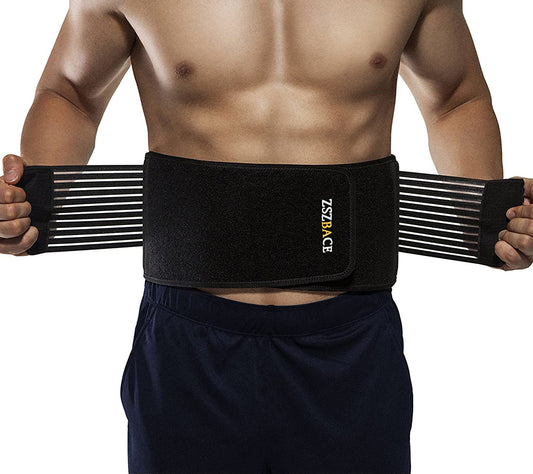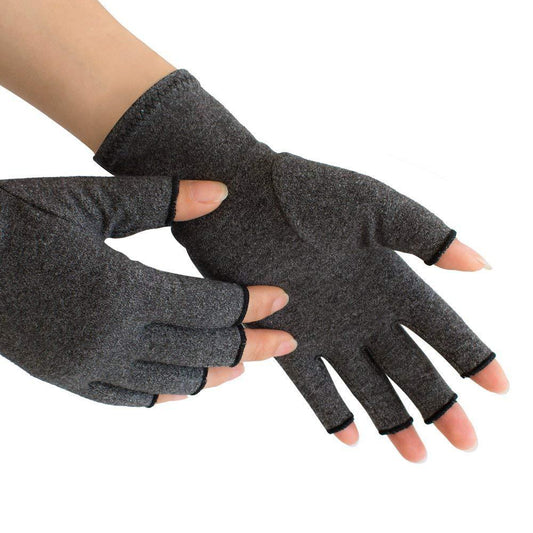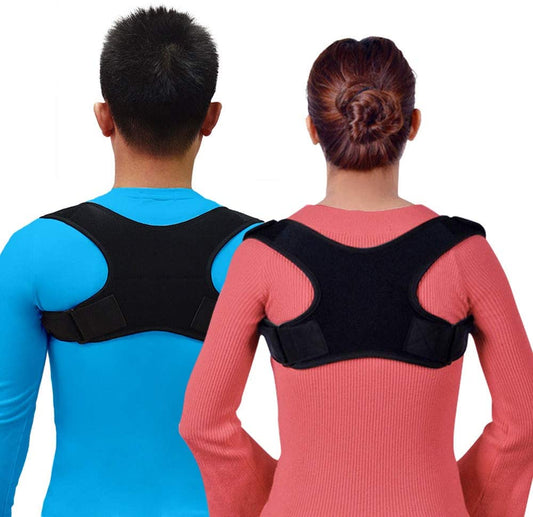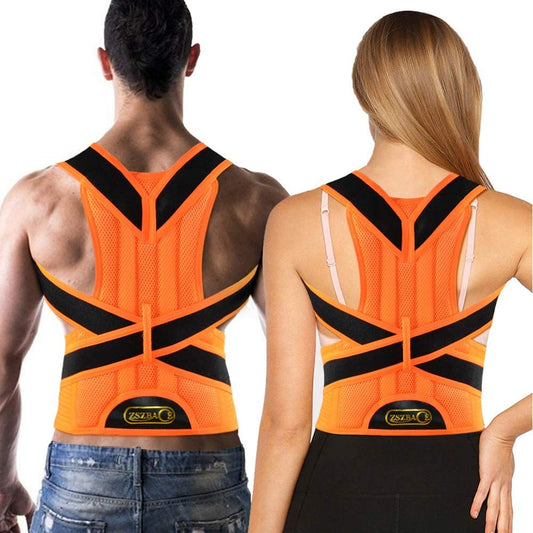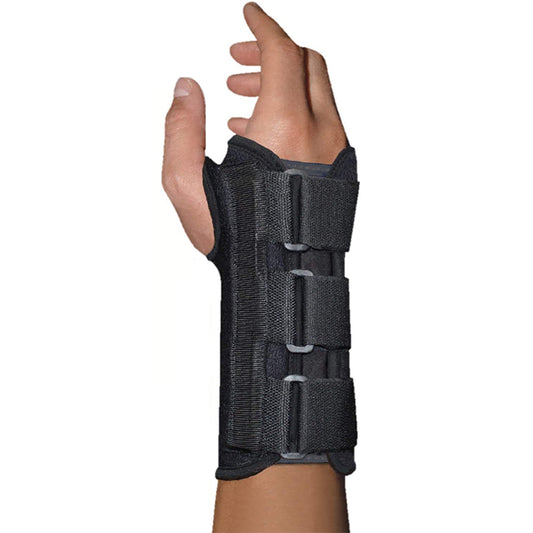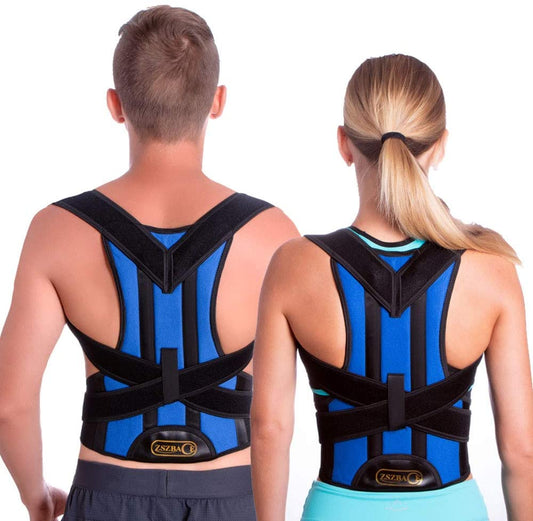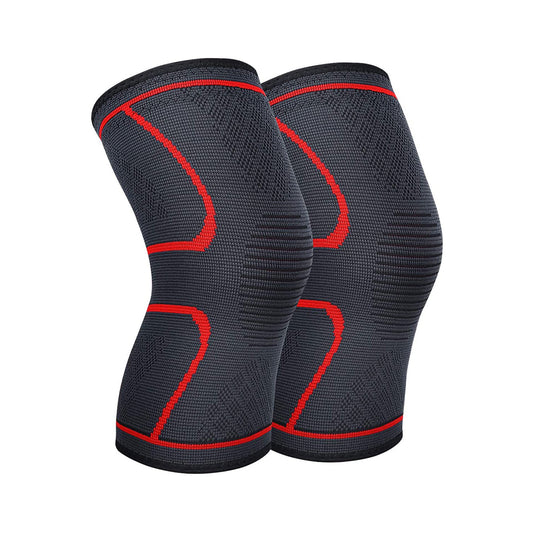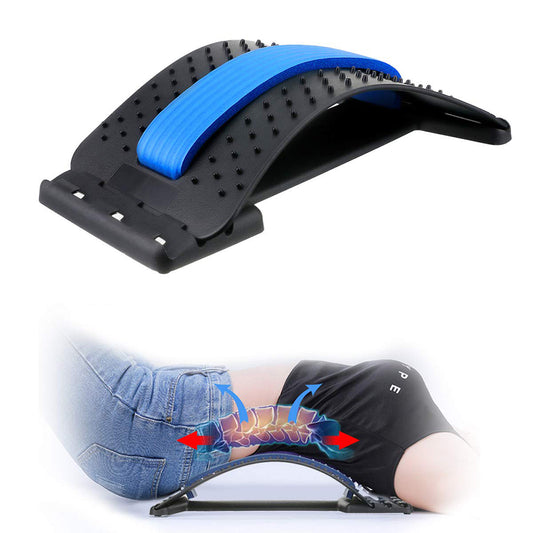
Are compression stockings safe to wear while pregnant?
Share
Compression stockings are a useful way to improve blood circulation in your legs. These special stockings squeeze them gently, allowing blood to flow freely along your extremities.
But pregnant women often wonder if it's safe to wear compression stockings during pregnancy. Many of them worry that wearing such tight clothes during pregnancy is unhealthy. Fortunately, it's an unnecessary worry, according to doctors who have studied the subject.
Pregnancy is one of the most wholesome experiences a woman can have! The possibility of bringing new life into the world and being responsible for the care and maintenance of it is our own experience. Your body goes through many changes to adapt to the growing needs of the fetus, especially the circulatory system, as the blood provides all the nutrients and oxygen for the baby!
A key factor is that pregnant women are not as active as they used to be, at least during the last trimester. Exercise increases blood flow, so less exercise means less blood flow. This includes compression stockings. Compression stockings are designed to apply varying levels of pressure along their length, maximizing downward compression, further reducing the leg. This gradual compression helps increase blood flow and ensures uninterrupted blood flow.

Are compression stockings safe during pregnancy?
Pregnancy can take a toll on the legs. Because of the weight that expectant mothers have to bear. Legs feel tense. As a result of pregnancy, you may experience swelling in your legs, feet, and leg pain. The swelling may not go away completely until the baby is born. Varicose veins can also occur, affecting up to 35% of pregnant women. One way to relieve both symptoms is to wear compression stockings earlier in the day.
The benefits of compression stockings during pregnancy
These are some of the key benefits of compression socks:
Relieve swelling:
Compression stockings reduce swelling, inflammation, and soreness in the legs and feet and help prevent blood clots
Circulation is the key:
Compression stockings are designed to improve blood circulation in the lower legs and prevent varicose veins and blood clots.
relief the pain:
The copper in socks is anti-inflammatory and great for soothing sore feet and muscles
heavy legs:
Pregnant women should wear compression stockings to eliminate that heavy feeling and feel fresher and more energized
Keep your heart rate up for mom and baby:
As blood volume increases and blood flow decreases, a pregnant woman and her unborn baby may experience an increased heart rate. Compression stockings can soothe the heart because they help transport blood from the legs to the back to the upper body and heart. Keeping your heart rate steady is essential, and compression stockings are a proven way to increase blood flow.
To prevent varicose veins:
Pregnant women are at a higher risk of developing varicose veins. Compression stockings gently hug the veins, keeping them active and helping them stay in motion. Women should wear compression stockings during and after pregnancy to prevent varicose veins.
Compression Stockings During Pregnancy - Why and How?
Considerations for Finding the Best Maternity Compression Stockings:
fit:
For compression stockings to be functional, they need to be firm and tight, but not too tight
Graded compression:
Choose socks that have more compression on the legs and ankles, and are more relaxed as the fabric rises to the calf.
style:
Knee-high compression stockings and pantyhose compression stockings are most effective than ankle stockings, especially if you have varicose veins in your thighs.
Compression level:
Most pregnant women wear compression stockings without a prescription. Compression is measured in mmHg and ranges from 10 to 15 (considered mild), 15 to 20 (moderate), and up to 30 (considered difficult). There are more compression stockings available, but your doctor will need to prescribe them to maintain them.
Why It's Important to Wear Compression Socks During Pregnancy
During pregnancy, many changes occur in a pregnant woman's body. Swelling of the legs and feet becomes a problem for many women. While this can be uncomfortable, wearing a compression garment is important for other reasons.
There are many reasons to wear a compression garment during (and after) pregnancy:
- Prevent swollen, tired legs.
- Prevention of pregnancy-related varicose veins.
- Prevent spider veins.
- Prevent swelling and blood clots in the postpartum and post-cesarean section.
Putting on compression socks first thing in the morning is the best option. At this point, your legs and feet are the least swollen. You can buy compression over the counter, but many insurance companies will cover compression socks and stockings that have a compression of 20-30 mmHg or more. Some insurance companies require a doctor's prescription for this.
Using stress pressure is especially important for pregnant flight attendants, as they are more prone to all of the above due to frequent pressure changes and prolonged standing.
When to Wear Compression Stockings During Pregnancy?
Unless you usually have swelling or varicose veins, wear compression stockings only when you know you are standing, walking, or exercising. It's great to have compression stockings on hand when traveling because it's hard to get around and very active while flying or driving. Copper compression stockings safely improve blood circulation and rejuvenate healthy skin. However, they are also vital for keeping feet and legs safe during regular hospital visits!
Vibrant and healthy feet allow you to spend time with your baby. Wearing long brass compression socks ensures graded compression. The greatest stress is on the feet and ankles, which taper off as they move toward the calves to keep your feet healthy after pregnancy. It helps to energize your feet and keep them feeling light and free throughout the day.

